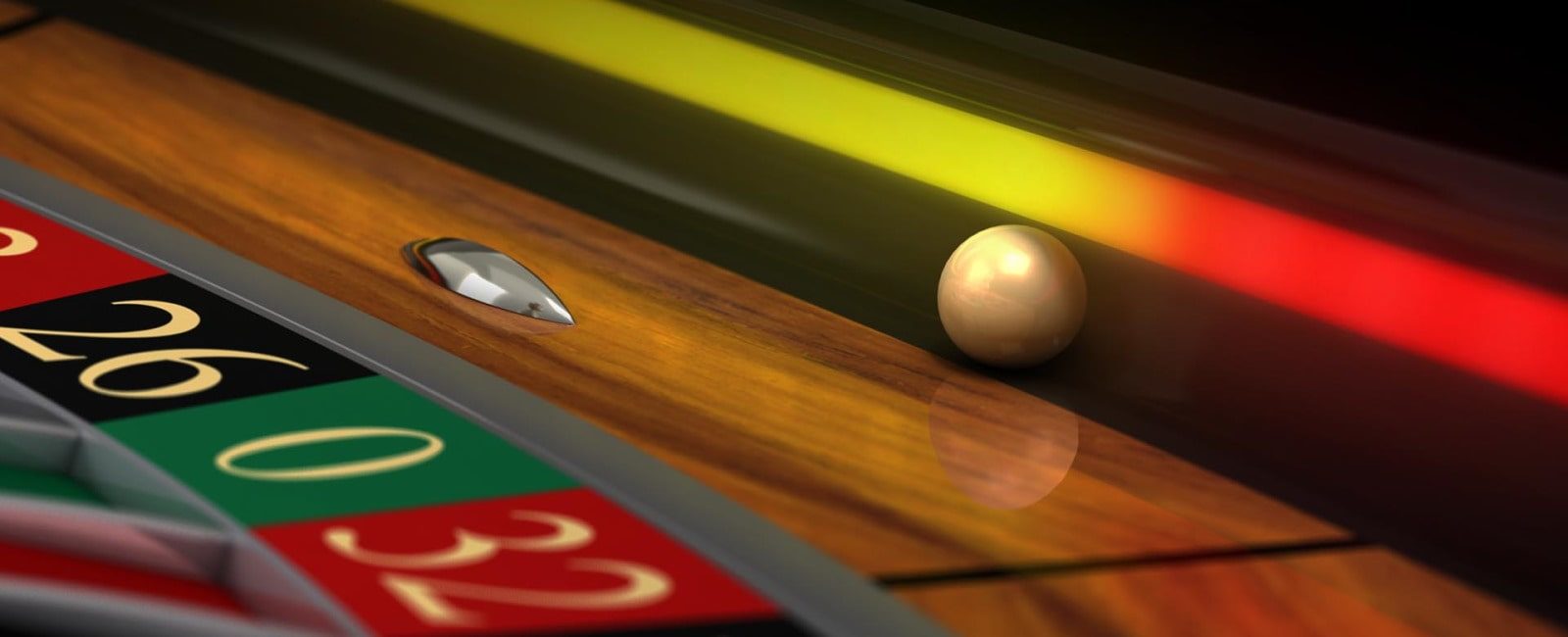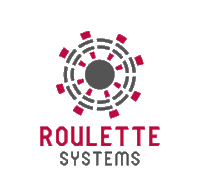Roulette strategies can be confusing at the best of times, regardless of whether you’re new to the game or a seasoned pro. From the difference between positive and negative progression systems to the different variants and how to tell them apart, there’s a lot more to this topic than you may initially think.
Is there a system that can beat roulette? Can you crack the wheel’s code? There have been some pretty famous people who have tried including Alan Turing who cracked the Enigma Code. We discuss below.
You can find links to all of our free strategies in the footer menu (or to the right on a desktop).
What are Roulette Systems?
Since casinos began there have been many players hoping to gain an edge over the house. Unfortunately, the phrase “the house always wins” rings too true for many players.
Never pay for a roulette strategy! All of the betting systems on roulette17.com are free. If someone is claiming that they have a guaranteed winning strategy, but you need to pay to see it, beware! This is almost certainly a scam.
Ask yourself this question: if you had a system that was 100% guaranteed to win, would you share that information? Or would you just travel around the world playing it? I know what I would do.
A roulette system is a strategy that a player follows in the hopes of winning more. They fall into two categories, positive and negative progression systems.
Ten Famous Systems
1. Martingale
One of the most famous roulette strategies. This aggressive negative progression involves doubling your bets after a loss to try to claw back losses. There are also Super and Triple versions.
2. Fibonacci
The Fibonacci is a negative progression strategy that involves you betting more after a loss while following a Fibonacci sequence. You drop down two bets after a win.
3. Reverse Martingale
The opposite of the Martingale, this positive progression involves increasing bets after wins to accelerate gains during a lucky streak.
4. Law of the Third System
According to the Law of The Third, 1/3 of the numbers on a wheel don’t show after 37 spins. Here you fish for repeaters.
5. Piquemouche
A lower risk strategy (compared to the Martingale, anyway). Increase your bets after a loss (negative progression), but with a less aggressive sequence.
6. Guetting Progression
A Positive Progression: increase your bets after a win. This strategy has different stages or “gears” which aim to lock in profits.
7. Labouchere
Also known as the Spilt Martingale, The Cross-Out or The Cancellation System. This strategy was famously played by James Bond in various of Ian Fleming’s books and films. Some players just call it “The Labby”.
8. 1326
Forces you to set limits on your bets and to break your session up into smaller parts. The aim is to win four times in a row. Bank profits along the way and take stock after four bets.
9. Makarov Biarritz
A very simple roulette system that was designed by a player called Alexander Makarov. It is also called the Biarritz system, as he used to play it at the Casino Biarritz. Pick one number and flat bet. This has several variations, eg the Double Biarritz.
10. Tier et Tout
“Tier et Tour” tries to help you build up a profit using the casino’s money. Sounds good? Well, in theory, it is, but it does rely on you avoiding a long string of losses.
Pros and Cons
-
Adds some structure to your play.
-
Forces you to keep track of your ongoing session profit and loss.
-
Can be effective in short bursts.
-
No system will change the table odds. That is a function of the game design and rules.
-
Can make it hard to leave the table- avoid chasing losses or unachievable profit targets.
-
Your luck will change. Don’t “overstay your welcome” at the wheel.
Positive Progressions
A positive progression strategy involves players betting more after a win and less after a loss. It can be difficult to identify when it is best to follow a positive progression system since a streak can’t usually be spotted until it is over.
Many positive progression systems encourage players to slowly increase their bet after each win and then to decrease back to the minimum after a loss. These strategies are often viewed as less risky as you are less likely to lose all of your money on a bad run.
Negative Progressions
Negative progression strategies are the inverse of positive progressions in that they encourage players to bet more after a loss to claw back losses. Negative progressions are risky and can quickly drain your funds with significant losses.
To avoid this, we always recommend setting a budget limit in advance, and if you feel like you’re losing control, stop and walk away. Many variations try and reduce the risk by varying the betting profile after a loss.
Ultimately, however, if you have just lost a round you will need to bet more to claw that loss back and get into profit. This can mean that you end up betting a large amount overall to win a smaller amount.
Tips
Tips on Roulette Strategies
Test your system with low bets on a table with low betting limits (like 20p Roulette or Penny Roulette for example). Practice the betting sequence and save any custom patterns as a favourite bet, and then slowly ramp up your bets to your target level.
Always play to a stop loss limit and leave the table when you have hit your profit target. You should set these 2 numbers before you play, and do not change them mid-session. Review how it went and plan your next move.
Play Systems at Virgin
Do Systems Work?
For years roulette has been subject to intense scrutiny from people trying to “crack the code”. The game is closely linked to mathematics – some strategies (such as the Fibonacci system) are linked to mathematical formulae and many mathematicians have also tried to devise systems for beating the game.
French mathematician Blaise Pascal looked into the philosophical problem of how to make decisions involving uncertain events and ended up writing the first book on probability theory. Albert Einstein specifically tried to find a winning solution but concluded that it could not be done.
At Roulette17.com, we think it’s down to your expectations, all betting systems have the potential to win but equally, they also have the potential to lose – there’s no guarantee of a victory with any casino game.
Things to Consider
There’s nothing wrong with testing out different roulette strategies, As long as you remember to bet responsibly, we’d always suggest putting them to the test on a free demo or by betting small amounts. We do think though that there are key considerations that you should bear in mind when using roulette systems. These include:
● There’s never a guaranteed way to win and no system will be able to provide you with a 100% success rate.
● Systems require an element of pre-planning, so if you prefer spontaneous gameplay they may not be for you.
● All strategies have positives and negatives, it’s up to you to weigh up the risk versus reward.
● Casinos often invest money into closing loopholes they find. We’d also encourage you to set a budget limit before using any roulette system and to remember to gamble responsibly.
Summary
Roulette systems are intriguing and they can accelerate your results and method of play. However, they can also backfire, so you need to decide whether the potential reward is worth the risk.
Ready to think before you spin? Try some of our roulette strategies at one of our recommended casinos or for more help, visit our roulette tips page.
FAQs
Q&A
-
What is the best system for roulette?
We are not going to lie. There is no such thing as a “best” system: they all have their strengths and weaknesses. Having said that, it is no bad thing to have a plan before you hit the table. A system can help you do that. The most popular system is probably the Martingale followed by the Fibonacci and the Labouchere.
-
Do Systems Work?
Roulette strategies have worked in the past for players who have identified biased wheels. But imperfect wheels are hard to find these days. No system will alter the odds you get at the table if the wheel is perfect, but they can help you manage your bankroll. It’s not a bad thing to set stop loss and profit targets.
-
Do systems improve your odds at roulette?
No, this is set by the design of the game. The only way to improve your odds is through your selection of game (European versus American for example). Players have turned a house advantage into a player advantage in the past by identifying biased wheels or dealer signature, and using this to bet in quadrants of the wheel that are more favourable to the player. However, this is becoming harder to do: today’s wheels pretty much return a perfect result every time.
-
Why are there so many roulette systems?
People have been trying to break the code of the wheel for well over a century. Even famous mathematicians like Alan Turing have been at it. The lure of the riches on the wheel has proven to be a powerful incentive for people dreaming up new ways of beating the house!





